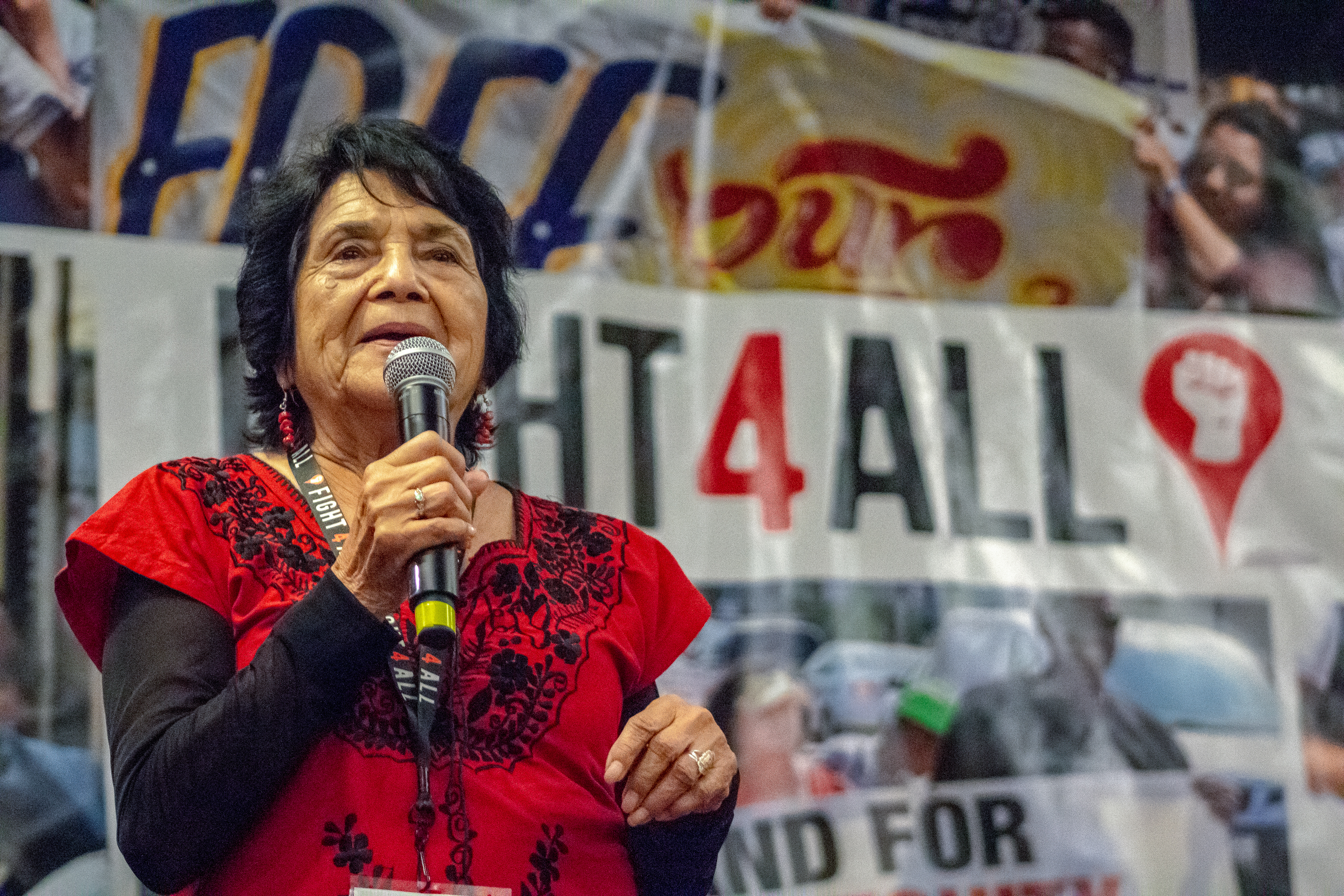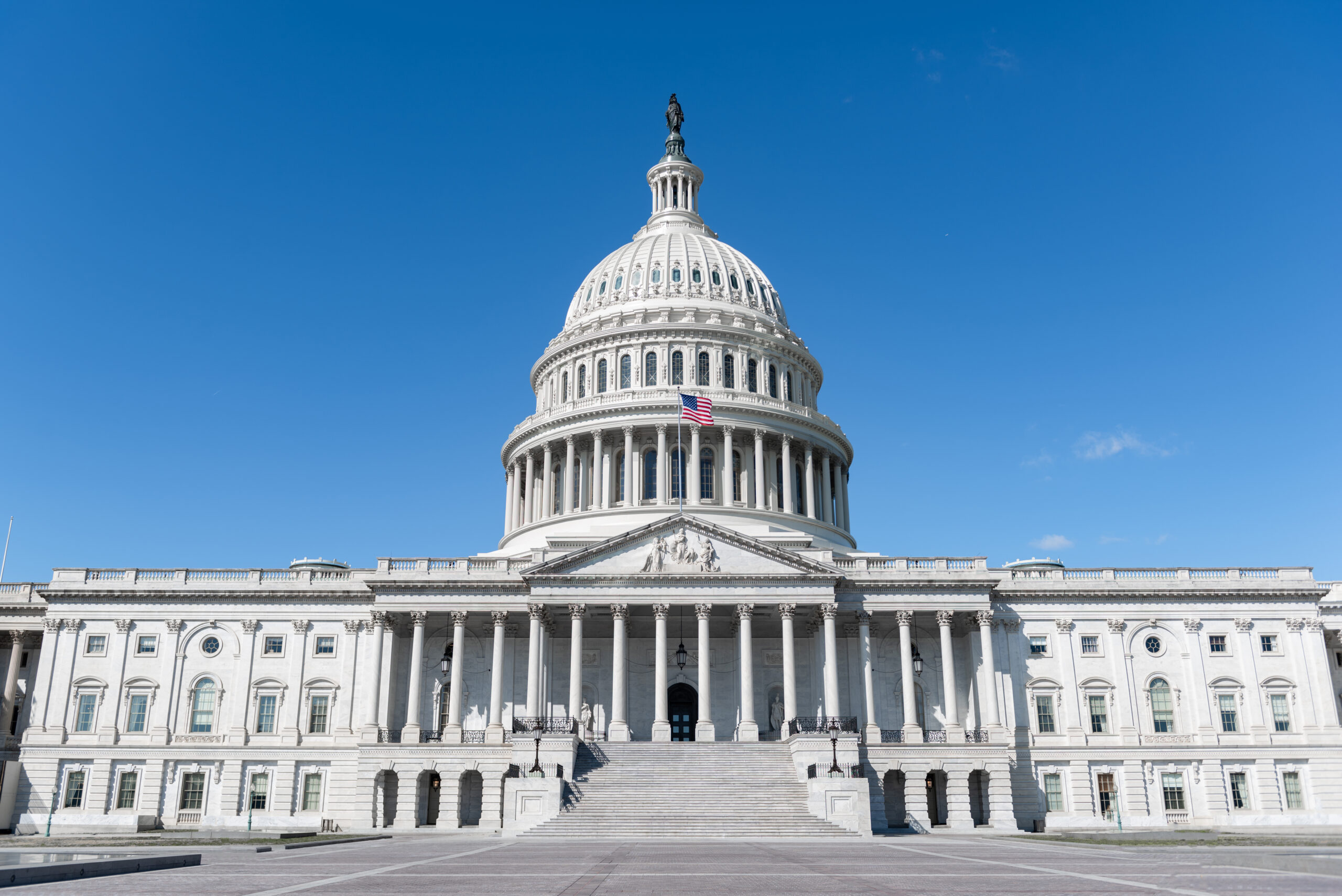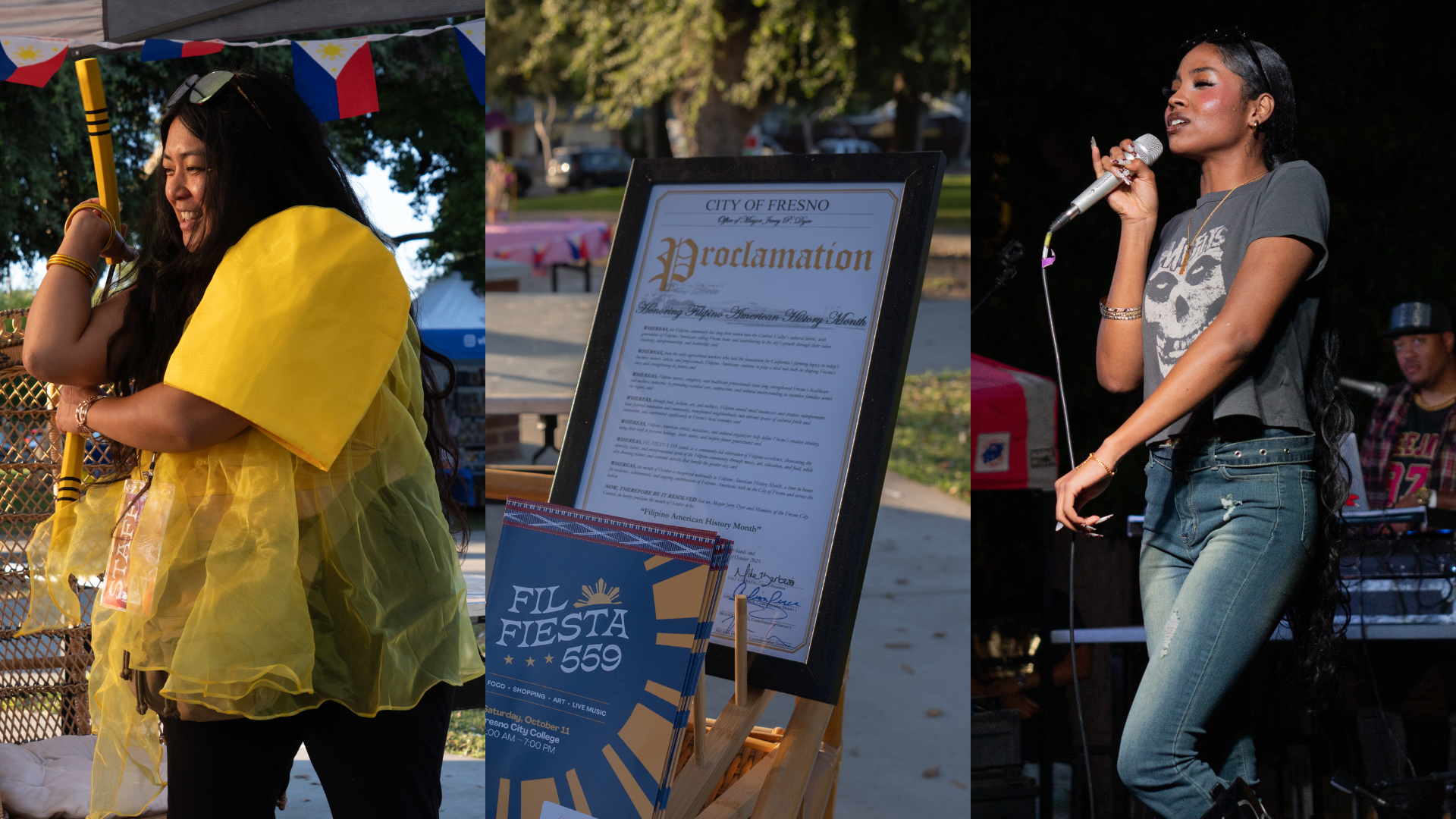![]()
Editor’s Note: September 6-7, 2018, The California Endowment hosted the #Fight4All Convening in Fresno California. This convening was meant to reaffirm their Fight For All initiative, which was created in December 2016. Robert K. Ross, M.D., President and CEO of The California Endowment said, “The Fight for All fund was created to stand alongside those whose health and lives are threatened by attacks on their coverage, their immigration status, or simply on who they are as human beings. So our support for lifting up their voices will not skip a beat today, but will continue forward.”
One the most well known activists who attended Fight For All was Dolores Huerta, an American Labor Leader and civil rights activist. Huerta is most known for being the co-founder of the National Farmworkers Association (NFA), which she started in 1962 with Cesar Chavez
Below is the interview reporter Zyanna Maynard conducted with Dolores Huerta, with support from Program Associate and Reporter Johnsen Del Rosario.

ZM: What does it mean to be a woman of color and a strong, political activist?
DH: Well, I feel rather blessed to be in this position. It’s come, of course, after many years of organizing. I’ve been an organizer since I was the age of 25 years old. That makes it like 63 years that I’ve been organizing. To be an organizer, it’s pretty exhilarating, because when you’re an organizer, you’re actually able to change people’s lives, you know? And you’re able to build power in communities and teach people how they can take the power in their own communities. I think that’s really the grateful thing and rewarding thing about being an organizer.
ZM: What would you want to tell the young people that want to follow in your footsteps?
DH: What I want to tell young people – and I’m sorry I didn’t say this on stage. I should’ve. I was going to, but I got carried away – is that all of the marches and protests are really important, but at the end of the day, the people that we elect are the ones that make the decisions, the policy decisions, and that’s why it’s so important we get involved and vote. Because even if – the farmworker movement, we had a five year strike. We had a boycott, a national boycott all over the United States of America. But that didn’t change anything, really. It brought the attention of the public. We were able to influence. But it was the people that got elected and voted for unemployment insurance for farm workers, for toilets in the fields, for cold drinking water. We had to elect the people that would make those decisions. If we don’t elect the people to make those decisions, good people to make those decisions for us, then nothing really changes.
ZM: Did you know when you took your first steps to be an activist over 60 years ago, did you think that you’d be in this space, in this moment right now?
DH: I fell in love with organizing, because of the incredible changes that you can make. I knew that that’s what I wanted to do for the rest of my life. So, the question is, would I still be organizing at 88 years old? I would say, “YES!”
ZM: You received the Presidential Medal of Freedom from Obama. What was your inner dialogue when receiving it? What emotions were running through you?
DH: First of all, I was just grateful that I got the award for being an organizer, because that’s something people don’t get credit for. If you remember during that election, that Sarah Palin who was running for Vice President with John McCain, she made fun of Obama and saying – kind of disregarding the fact that he was also an attorney. But she said something like, “Oh, he’s a community organizer.” Kind of putting that down. So I was really proud of the fact that I was a community organizer when getting the Medal of Freedom. The other thing is in the moment, I was so overwhelmed with joy, you might say. I was supposed to be standing like this, looking straight at the audience and not at the president. But when the president came to give me the medal, I was just looking up at him and he was probably like, “What is she doing?” – [laughs] – And we had practiced it before.
ZM: What do you want the future to look like for everyone?
DH: I think we want to see, and we will, I do believe we’ll get there someday as long as we keep on working, a day where we have equity and equality for everyone. All of the resources on this Earth will be shared by everyone, not just by the greedy few. Or the privileged few. But it – everything on this Earth should be shared by everyone. And people should be treated fairly and given equal opportunity.
ZM: What do you want for your kids and your grandkids in the future? And their kids.
DH: Well, what I want for my kids – and a lot of them do fulfill this – is for them to be involved, to be active politically, to fight for social justice. I hope that my grandchildren – and some of them are already involved – and my great grandchildren, that they will also be out there fighting for social justice for everyone.


